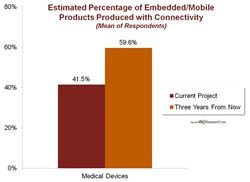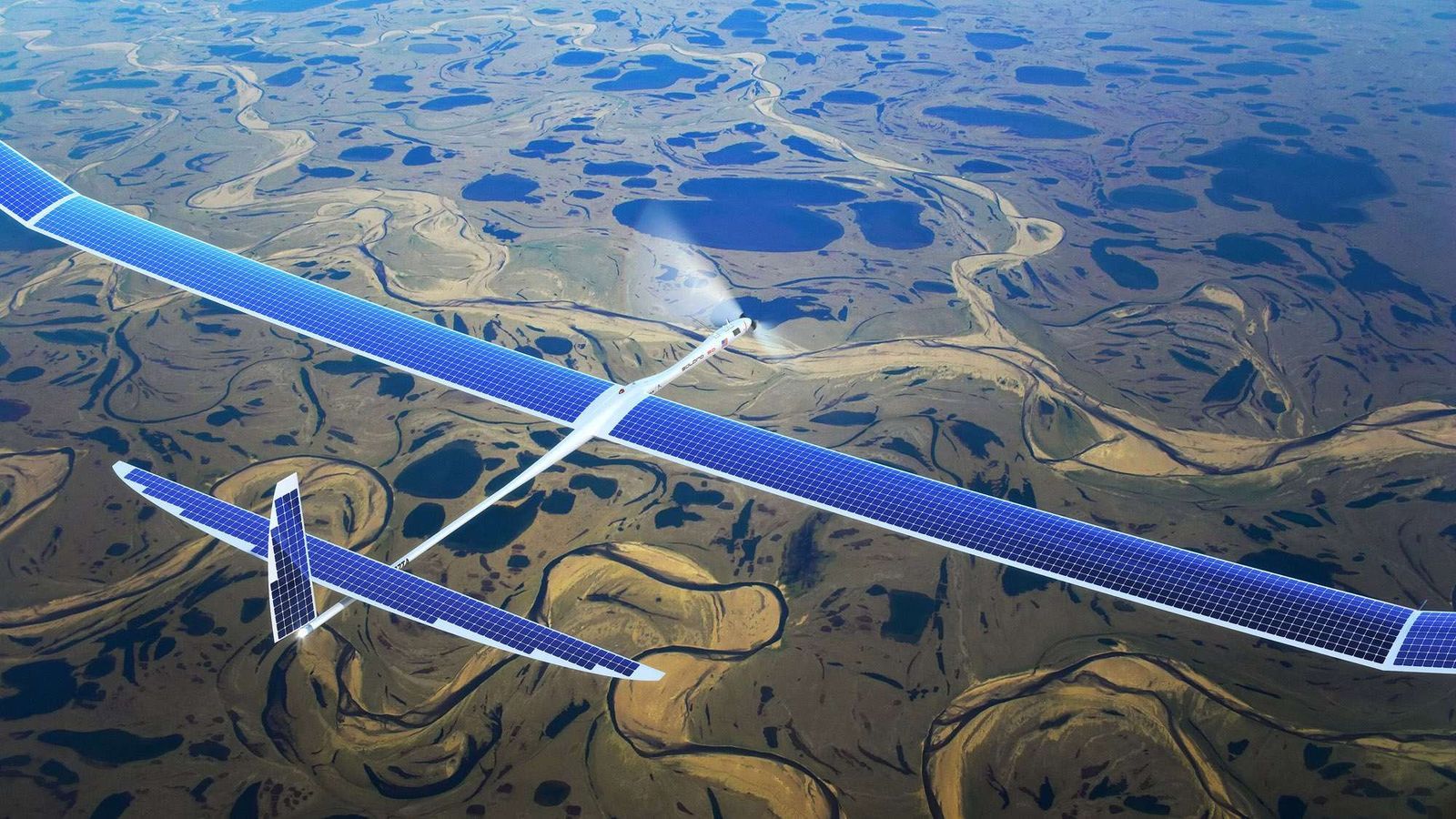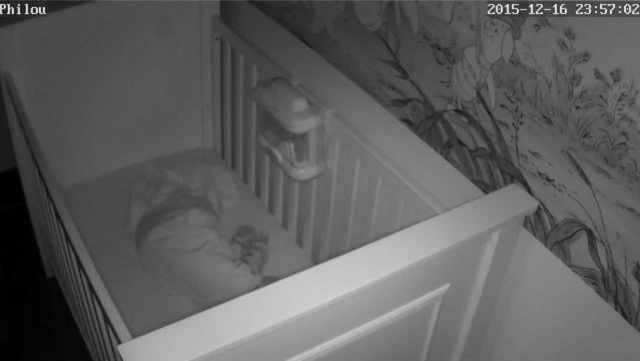Archive for the ‘internet’ category: Page 307
Jan 31, 2016
Quantum computing near and disruptive, warns academic at Davos
Posted by Karen Hurst in categories: business, computing, internet, quantum physics, robotics/AI, satellites, security, singularity
True points and many that I have been sharing on Quantum around its own potential to change everything that we know about technology (devices, internet & networking in general, wireless and satellites, AI, advancements in biotech, security, big data, and singularity itself). The author also highlights many of the same concerns that I have shared around hackers on Quantum breaking through the older digitized platforms and networks; therefore, many companies and governments are exposed as well as consumers who have not adopted Quantum.
Although the author speculates we’re less than 10 yrs for Quantum to be seen in the everyday usage; I believe we’re within 7 yrs.
Within four years quantum computers will have the beating of conventional computers and that will produce a dramatic change in both the technology landscape and in business, according to Professor Jeremy O’Brien from Bristol University.
Jan 30, 2016
Connected Medical Devices Are Sick with Vulnerabilities, According to New Research
Posted by Karen Hurst in categories: biotech/medical, internet, life extension, nanotechnology, Ray Kurzweil, security, wearables
This is not good especially as we look at those aspirations for more nanobots to connect us to the cloud plus Mr. Kurzweil’s desire to live forever.
Medical device manufacturers are struggling to safeguard their newly connected designs from current and emerging security threats.
Natick, MA (PRWEB) January 29, 2016.
Jan 30, 2016
FDA Guidelines Target IoT Medical Device Security
Posted by Karen Hurst in categories: biotech/medical, computing, health, internet, security
Could the FDA crush IoT opportunities in Healthcare?
The U.S. Food and Drug Administration last week took a step toward addressing the threat the Internet of Things poses to patients and their data by releasing some proposed guidelines for managing cybersecurity in medical devices.
“A growing number of medical devices are designed to be networked to facilitate patient care. Networked medical devices, like other networked computer systems, incorporate software that may be vulnerable to cybersecurity threats,” the FDA says in its proposal.
Continue reading “FDA Guidelines Target IoT Medical Device Security” »
Jan 30, 2016
Cyco.net Inc. Signs $20 Million Equity Line of Credit with Cornell Capital Partners
Posted by Karen Hurst in categories: internet, quantum physics, security
This is sad in a way; especially as you see the large gap that still remains in Cyber Security v. hackers. 2015 was not a stellar year for security against hackers. Quantum does offer hope for many in finally getting a handle on Cyber Security; however, that may be even 7 years away before main street is able to leverage an operational Quantum Internet and/ or platform.
However, tech companies & proven Cyber talent need to strategically come together under a broader cyber program (beyond just the US Government and special interest groups; or a couple of venture partnerships) to resolve Cyber Security once and for all. Granted there has been some attempts for companies and industry talent to cross collaborate & address the Cyber Threat challenges for a while now. And, myself and others from big tech have worked together on “special programs to address the Cyber Threat Challenges.” Unfortunately, it hasn’t been enough; we need something more on a larger scale.
Jan 30, 2016
Google’s Project SkyBender aims to beam 5G internet from solar-powered drones
Posted by Shailesh Prasad in categories: business, drones, habitats, internet, mobile phones, solar power, space, sustainability
Google is working in secret at a spaceport in New Mexico to build and test solar-powered internet drones in a new initiative codenamed Project SkyBender, according to a report from The Guardian today. The company is reportedly renting 15,000 square feet of hangar space from Virgin Galactic — the commercial spaceflight outfit of business mogul Richard Branson — at the privately owned Spaceport America located near a town called Truth or Consequences. The lynchpin of Project SkyBender appears to be cutting-edge millimeter wave technology, which can transmit gigabits of data every second at speeds up to 40 times faster than modern 4G LTE.
Millimeter waves are thought to be the future of high-speed data transmission technology, and may form the backbone of 5G mobile networks. Aereo founder Chet Kanojia’s new startup Starry announced earlier this week it would use millimeter wave tech to bring gigabit internet speeds to people’s homes via Wi-Fi. Millimeter waves have much shorter range than current smartphone signals and are easily disrupted by weather conditions like rain, fog, and snow. Using what’s called a phased array, however, Google and others could potentially focus the transmissions over greater distances.
Google is currently testing the technique with a new solar-powered drone called Centaur and other units made by a division known as Google Titan, which the company formed after it acquired drone maker Titan Aerospace in 2014. The company has a deal with the FCC to continue testing until July, according to The Guardian. It’s also paying Virgin Galactic about $1,000 a day to use its hanger, as well as an additional $300,000 to Spaceport America to construct installations with servers, millimeter wave transceivers, and other tech onsite.
Jan 28, 2016
Why the Internet is the Greatest Invention in a Very Long Time
Posted by Shailesh Prasad in categories: innovation, internet
Jan 28, 2016
How To Improve Internet Security — 20th Century Radio Technology
Posted by Karen Hurst in categories: internet, quantum physics, security
Quantum Internet — this has been in development and testing for a while now at Los Alamos and I am looking forward to it been expanded to the commercial sector. It has seen some challenges; however, every month we’re seeing the challenges knocked out such as the Quantum Light Source technology.
Imagine communicating with your bank, the IRS or your doctor by way of an Internet that was actually secure, where if any bad actor were to try to eavesdrop you would know immediately. Such is the promise of secure quantum communication, and has been since it was ‘almost ready’ starting in the 1990s.
For quantum communication to become the standard, technical challenges still lie ahead. To make progress toward devices that can send and receive quantum data, researchers at Stanford University have created a novel quantum light source.
Continue reading “How To Improve Internet Security — 20th Century Radio Technology” »
Jan 28, 2016
Webcam search engine raises privacy concerns for connected devices
Posted by Karen Hurst in categories: business, internet, security
“But if you are familiar with the advanced search options these sites offer or read any number of books or blogs on ‘Google Dorks, ’ you’ll likely be more fearful of them than something with limited scope like Shodan”.
And it’s recently emerged that Shodan, a search engine for the Internet of Things, allows users to snoop on screenshots of anything filmed by a webcam from cash register cameras to babies sleeping in a cot. It’s pitched mainly as a security research tool and a way for businesses to monitor connected device usage, but it has also exposed controls to utilities, heating and cooling units, and traffic systems.
Jan 27, 2016
Ku6 Media Signed Strategic Cooperative Agreement with 720Yun.com; Launched Cooperative Virtual Reality Community
Posted by Karen Hurst in categories: business, internet, virtual reality
VR membership HUB (YouTube for VR) ; loading & sharing your own 3D content with others.
BEIJING, Jan. 27, 2016 /PRNewswire/ — Ku6 Media Co., Ltd. (“Ku6 Media” or the “Company,” NASDAQ: KUTV), a leading internet video company focused on User Generated Content (“UGC”) in China via its website www.ku6.com, today announced that the Company has entered into a strategic cooperation agreement (the “Agreement”) with 720Yun.com to enhance the Company’s virtual reality (“VR”) strategy previous announced. The company recently launched a cooperative VR community at the following website: http://www.ku6.com/c2015/720yun/.
Ku6 Media and 720Yun.com’s cooperative VR community currently features eight categories, including aerial photography, SLR (single lens reflex) photography, virtual effects, quick mode (RICOH THETA), cities, campuses, fun and business projects. The Company expects to add additional categories to the VR community in the future.
Pursuant to the Agreement, 720Yun.com will provide three-dimensional panorama technology and contents to Ku6 Media in the form of video and picture, and serve as technical support for the Company’s new VR products. The two companies will work together in exploring and developing potential business models relating to three-dimensional panorama contents.














